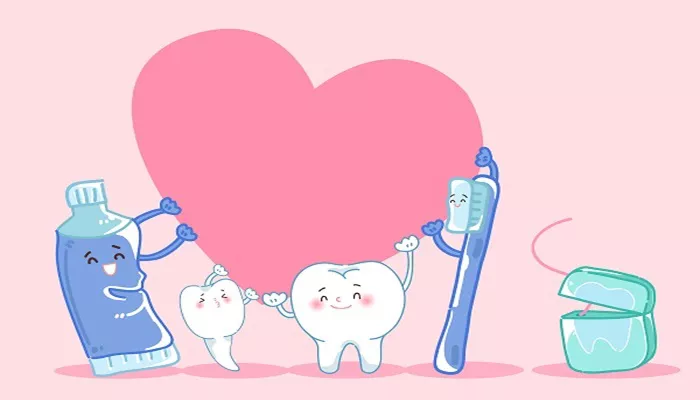September marks Oral Health Month in South Africa, a time dedicated to raising awareness about the significance of good oral hygiene and access to dental care. The World Health Organization (WHO) has identified oral diseases as a major public health concern in the country.
Alarming Statistics on Oral Health
A recent WHO report highlights troubling statistics regarding oral health in South Africa. In 2019, approximately 28.5% of individuals over the age of five had untreated tooth decay in their permanent teeth. The situation is even more alarming for children, with 38.6% of those aged 1 to 9 affected by untreated decay in their primary teeth.
Moreover, nearly 25% of teenagers in South Africa suffer from severe gum disease. Oral cancer also poses a significant threat, with about 1,933 new cases of lip and oral cavity cancer reported in 2020.
These statistics underscore the oral health crisis faced by many South Africans. Access to regular dental check-ups and treatments is particularly limited for those in low-income communities.
Prevalence of Gum Disease
Gum disease has emerged as a widespread issue, ranking second only to the common cold in prevalence within the country.
An estimated 90% of South Africans will experience some form of gum disease at some point in their lives. This aligns with WHO findings that indicate oral diseases are among the most common noncommunicable diseases globally, affecting around 3.5 billion people.
The burden of gum disease is escalating, especially in low- and middle-income countries. Research has linked gum disease to serious health conditions such as Alzheimer’s disease, cardiovascular issues, and infertility. Improved oral health can also lead to better outcomes for pregnant women and individuals managing systemic diseases like arthritis and diabetes.
SEE ALSO: Gum Disease And Arthritis: The Connection Between Oral Bacteria And Joint Pain
Awareness And Symptoms
Dirna Grobbelaar, an oral hygiene adviser for Ivohealth and a member of the Oral Hygienists Association of South Africa (Ohasa), emphasized that many people are unaware they have gum disease.
“Although the symptoms can be subtle, gum disease is a serious condition that can lead to a cascade of other health issues,” she stated.
Visible signs of gum disease include redness, swelling, or bleeding gums. Grobbelaar noted that “bleeding gums are never ‘normal.’” Many may mistakenly believe it is due to using the wrong brush or floss; however, it often indicates gingivitis, the early stage of gum disease.
The good news is that gingivitis is treatable and reversible. If left untreated, however, it can progress to periodontitis, a more severe form of gum disease that can lead to bone and tooth loss. “Gum disease is best prevented, and the earlier you intervene, the better,” Grobbelaar advised.
Risk Factors for Gum Disease
Certain individuals are at higher risk for developing gum disease.
These include:
Diabetics: People with diabetes are more susceptible to infections.
Individuals with Dry Mouth: Medically known as xerostomia, this condition increases the risk of gum disease.
Family History: Those with a family history of oral issues may be at greater risk.
“Gum disease can run in families,” Grobbelaar explained. “If your parents or siblings have been diagnosed with gingivitis or periodontitis, you might be at a higher risk too.” She stressed the importance of being aware of one’s family history and taking extra care with oral hygiene.
Prevention Strategies
Preventing gum disease involves maintaining a balanced diet and adhering to a consistent daily oral care routine. Grobbelaar emphasized that “even the best brusher can miss areas.” In addition to daily care, professional cleanings every six months can help eliminate plaque and tartar buildup.
Home Care Tips for Gum Disease
If caught early, gum disease can potentially be treated at home.
Grobbelaar suggests following a strict oral hygiene routine if you notice any sensitivity or bleeding:
Brushing Twice Daily: Use fluoride toothpaste and a soft-bristled toothbrush for at least 2 minutes each time.
Flossing Daily: This helps remove plaque from between your teeth. If traditional flossing is difficult, consider using an oral irrigator.
Using Mouthwash: Opt for an antibacterial mouthwash to help reduce plaque.
Staying Hydrated: Drink plenty of water to promote saliva production, which naturally protects your teeth and gums.
Conclusion
Oral Health Month serves as an important reminder for South Africans to prioritize their dental health. With alarming statistics surrounding gum disease and its implications for overall health, raising awareness is crucial. By understanding the risks associated with gum disease and implementing effective prevention strategies, individuals can take proactive steps toward maintaining their oral health.

